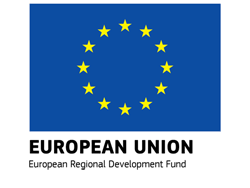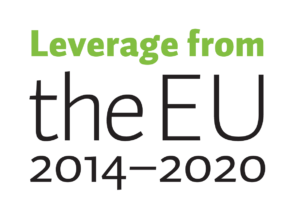Tid
1.1.2022–31.8.2023
Projektägare
Turku University of Applied Sciences
Övriga projektparter
Finansiär
Budget
344 834 euro
Åbo Akademis del av budgeten
53 858 euro (16%)
TEHOTEKO improves the SMEs’ ability to use artificial intelligence
Åbo Akademi University wants to improve SMEs’ ability to use artificial intelligence.
The TEHOTEKO project will, among other things, test algorithms to determine their suitability for the needs of each company. Secondly, the project aims to create methods that use ready-made AI software libraries in the company’s own product development.
Collaborative workshops
Åbo Akademi IT department and TUAS organise together co-development workshops where companies can get technical insights on how to start or further develop their own data science projects. For those who already are more familiar with the data science development area, the insight into MLOps pipelines can help with automating parts of their own ML deployment. We welcome willing companies to share their own MLOps journey, with the good and bad.
Address: Agora building, 3rd floor, Vesilinnantie 3, Turku.
TUE 29.11. at 13-16
| Register for the workshop here |
Background
In the past decade, there has been an increased interest in developing datasets for various domains: healthcare, autonomous driving/navigation, speech recognition, etc. General object-detection datasets, for instance, often give unsatisfactory results on specific use-cases in industrial applications. Hence, the creation of domain-specific datasets is on the rise.
Data scientists rely on benchmark datasets to evaluate, train, and validate different types of algorithms. However, errors in datasets are more common than we might think. For instance, the Imagenet dataset contains 6% errors in their validation set annotations. Many algorithms are created to be robust to noise in the training set. However, errors in test sets can affect benchmarks significantly. To this end, we propose to share our experience with dataset creation and annotation during the workshop, emphasizing the challenges of precise image annotation and discussing the opportunities that developing domain-specific datasets can bring about.
Moreover, data lifecycle and management, and ML processes can make or break ML in production. During this workshop, we will explore what benefits MLOps can provide to data science teams and practitioners, and share best practices for its implementation. We will consider the challenges that can hinder ML development in production and how we can overcome them.


